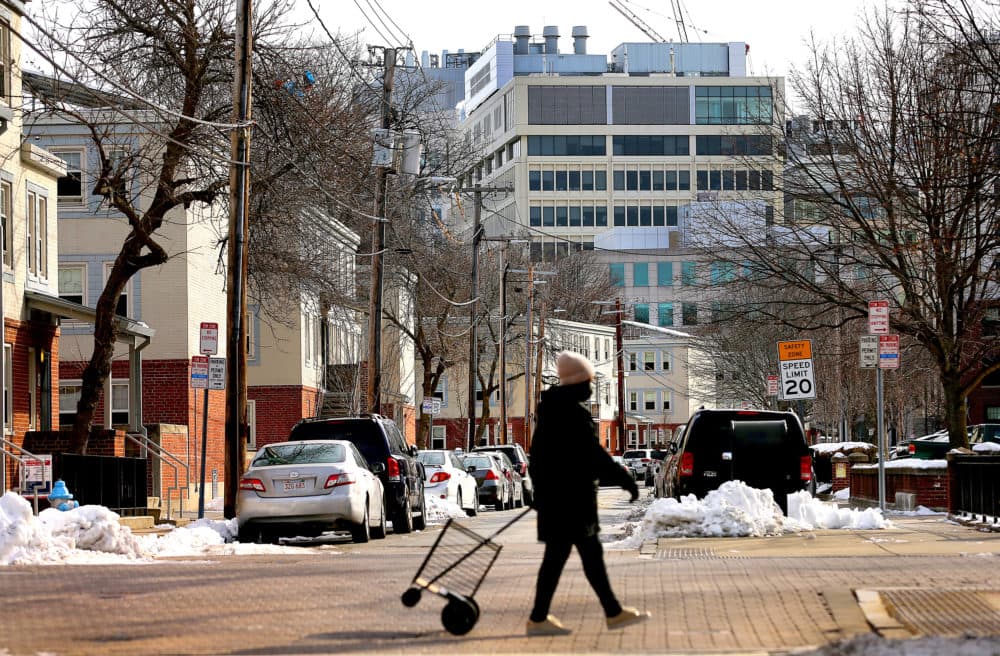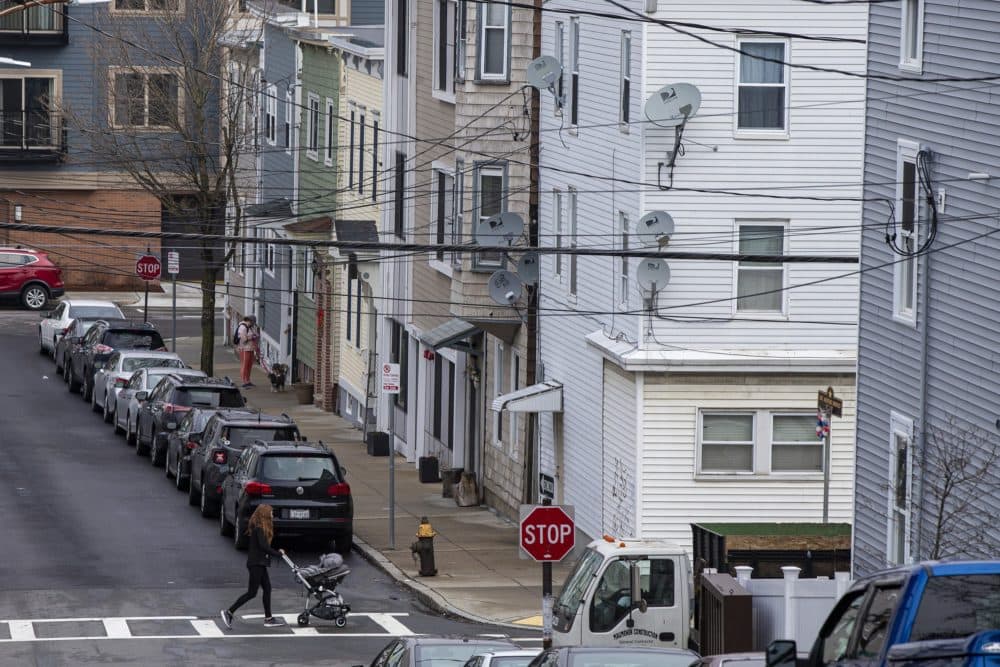Advertisement
Commentary
Want To Tackle Inequality? Start Local

You’ll probably never read this sentence again: I’m grateful to zoning boards.
I made my living covering them and other municipal governing bodies as a cub reporter during the Reagan era. Zoners expanded my vocabulary — variance and special exception will stay with me even in my dotage — as I furiously scribbled their deliberations at night meetings. I’d try to translate their lingo into English during even later-night write-ups for the next day’s edition.
As happens to most journalists, age and sleep deprivation gradually redirected my passion towards broader political questions than whether to rezone for supermarkets, housing projects, or limiting a truck stop’s noisy operations to help a homeowner who’d moved next door without exercising due diligence. (The homeowner lost.) I might have thought differently if these hyper-local matters had drawn the attention of the highest official in the land.
In 2021, they have.
In between dealing with a pandemic, foreign antagonists with missiles, and a warming earth, Joe Biden found time for zoning. He has asked Congress for $5 billion for municipalities that abolish “minimum lot sizes, mandatory parking requirements and prohibitions on multifamily housing.”
The commander-in-chief isn’t moonlighting on the Wilmington, Del. zoning board. He is committed to rolling back inequality, and “housing segregation by race and class is a fountainhead of inequality in America,” one expert notes. “In most American cities, zoning laws prohibit the construction of relatively affordable homes — duplexes, triplexes, quads and larger multifamily units — on three-quarters of residential land.”
By treating shelters for more than one family as cockroaches, an infestation to be purged from neighborhoods reserved for Leave it to Beaver-style single-family homes, these zoning restrictions are “the biggest cause of America’s supply crunch” in affordable housing. And that means they are freezing our segregated neighborhoods into permanence. Indeed, exclusionary zoning was invented generations ago to barricade white areas against people of color.
Today, MAGA reactionaries’ confederates in this project inhabit deep-blue bastions like greater Boston. I live in the city’s suburbs, which often keep desirable living areas, such as those near convenient commuter rail stations, off-limits to renters. (It’s a bit of karma that a shortage of single-family dwellings also hit overdrive during the pandemic.)
Advertisement
The president’s proposed bribes to municipalities — "bribery” is not pejorative in this instance — may not suffice. Biden’s billions must be weighed against the accumulated stock of racial and class anxieties, Vox notes: “Some local homeowners seek to block the development of new housing either out of concern for their own property values or a personal dislike of the kinds of people they assume will be able to live in their communities if more affordable housing units are built.”

American homeowners accumulated $1.5 trillion in equity in 2020 alone, which makes $5 billion mere change in the sofa cushions. From California to Massachusetts, progressives ally with the right-wingers across the street over the principle that good McMansions make good neighbors, keeping renters out.
Biden may have to supplement bribery, as a Harvard economist and cities expert argues, with a threat: denying infrastructure money to states that don’t make their cities and towns rein in prejudicial land restrictions. Locals will scream home rule! against this alleged big-government overreach; they’re oblivious that no less a luminary of the right than William F. Buckley lived long enough to recant his objection over federal intervention against localized Jim Crow.
The president’s proposed bribes to municipalities — "bribery” is not pejorative in this instance — may not suffice.
If COVID-19 Windexed the social window so that we more clearly glimpse housing inequities, it simultaneously opened an opportunity to redress them. The post-pandemic likelihood of remote work for many — coupled with online shopping that already had shriveled traffic to brick-and-mortar retailers — has left downtown offices and stores vacant. I live outside Boston, where the office vacancy rate recently was 12%. Nationally, it was 16.4%.
Across the country, the 10.6% of retail space lying fallow could swell to fully a quarter of all store space by 2025, according to Moody’s Analytics. If demand for offices and stores is cratering, why not use that space for needs like affordable housing? At the risk of redundancy, the answer is — zoning.
Many cities codes, Governing magazine reports, “still require that prime ground-level building space be reserved for increasingly obsolescent office and retail uses.” Competing market headwinds blow against housing as well; Boston, the Athens of American medicine, unsurprisingly is riding a wave of office-to-life-science-lab conversions.
Five billion may be proverbial chump change in the face of this problem. The president must be prepared to add a stick to his carrot. Perhaps he can pull it off. After all, events have already taken two eye-popping developments. One, Ronald Reagan’s anti-regulation baton is being carried, at least on the local level against NIMBY land-use restrictions, by his political polar opposites like Biden.
Two, zoning’s gotten a lot more interesting than it seemed 40 years ago.
